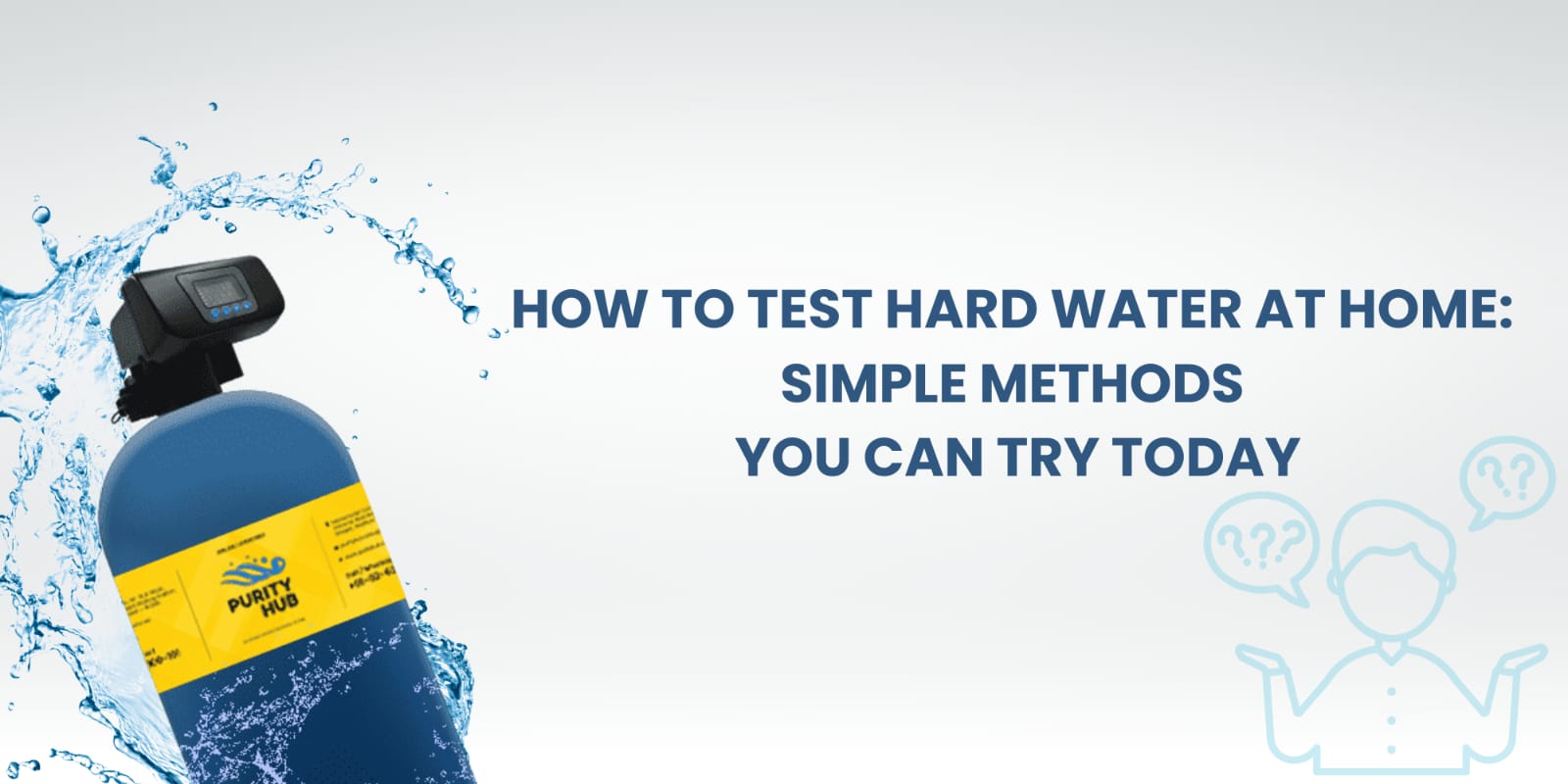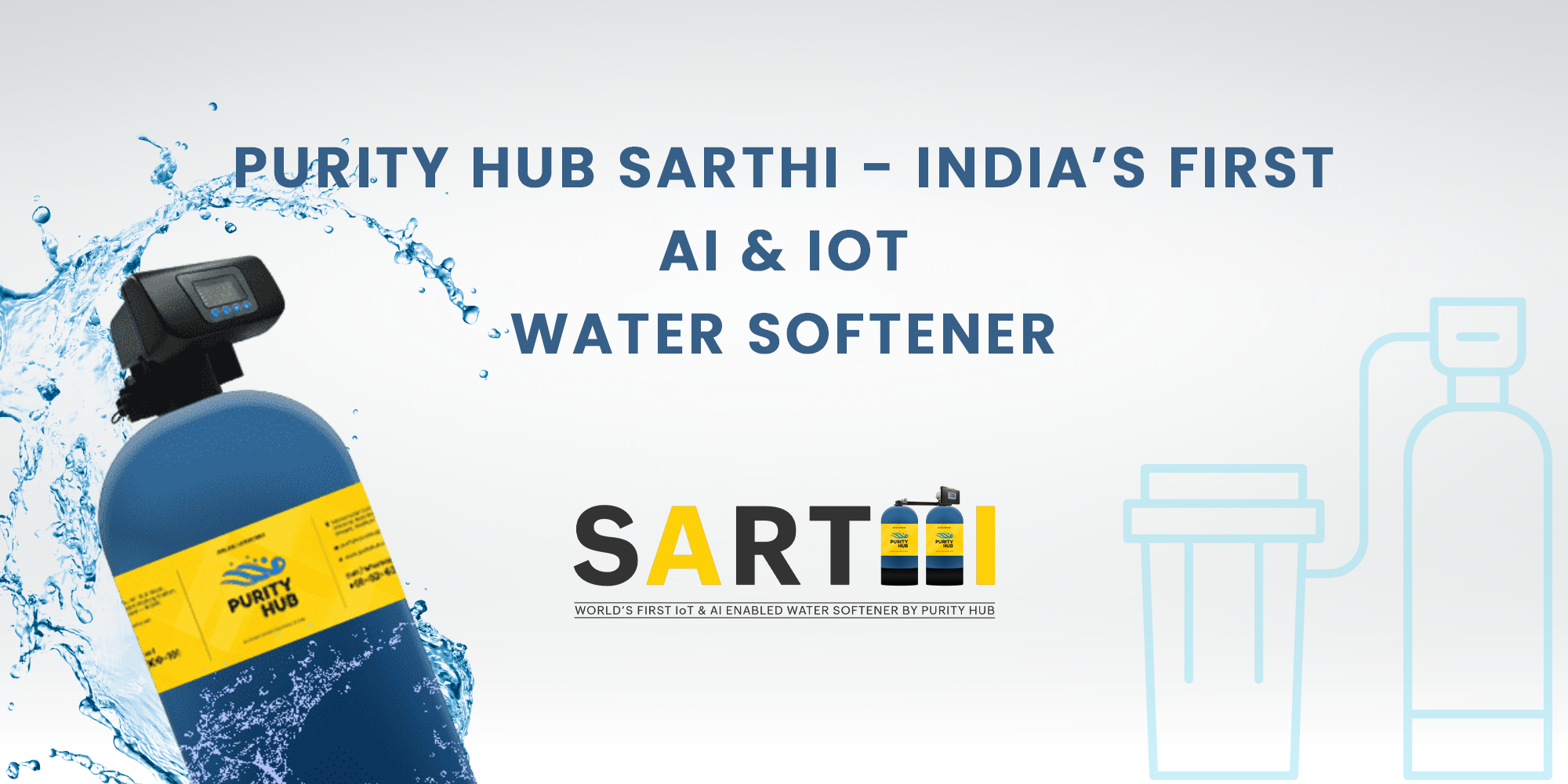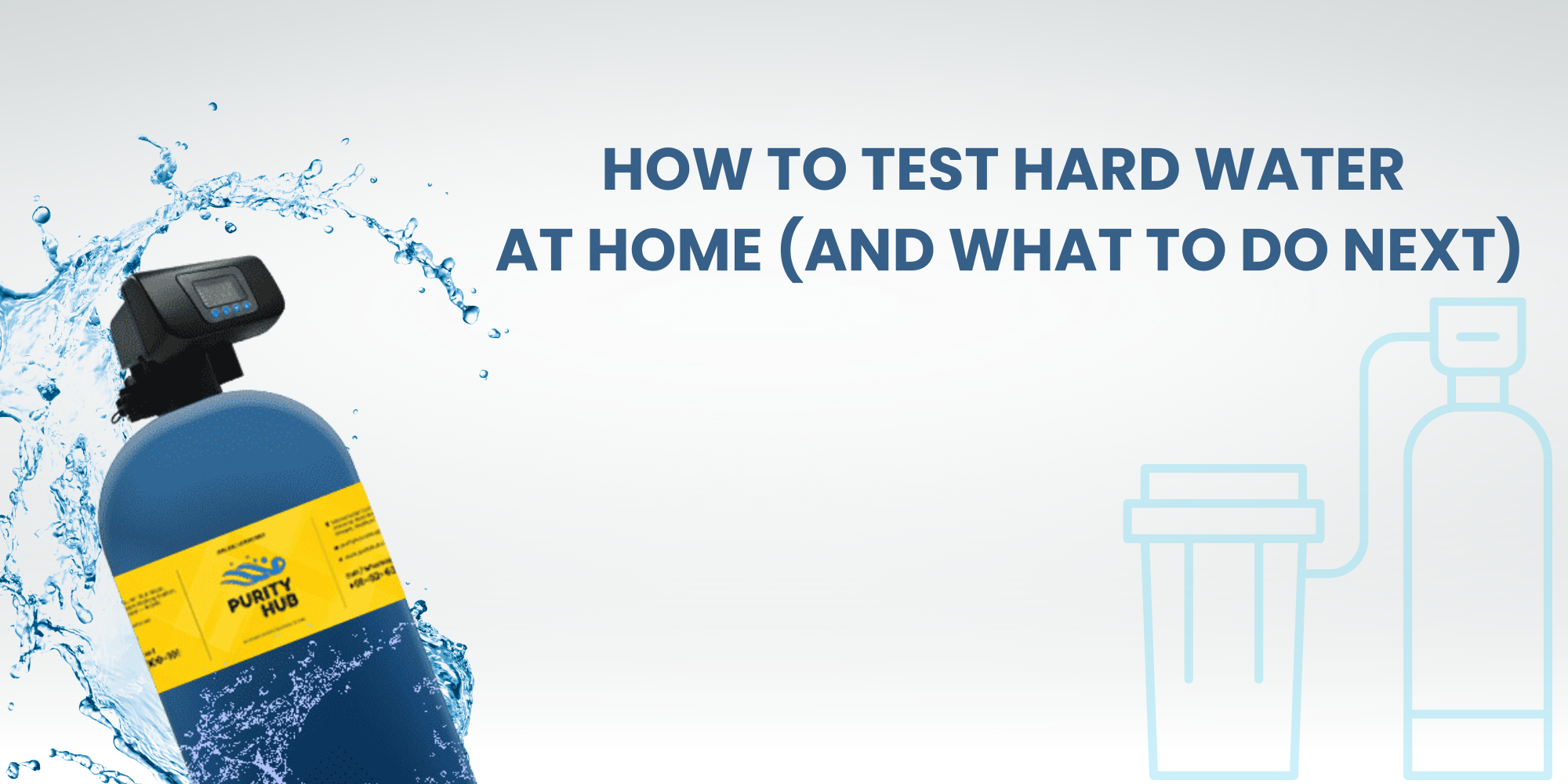
Summary:
Hard water can cause scale buildup, reduce the efficiency of appliances, and negatively impact your skin and hair. Before investing in a water softener system, it’s important to confirm if you have hard water. This guide from Purity Hub explains simple DIY methods to test hard water at home and how a hard water softener can help convert hard water to soft water for better health and household efficiency.
Understanding Hard Water
Hard water is water that contains high levels of dissolved minerals, primarily calcium and magnesium. While it’s not harmful to drink, it can cause limescale buildup in pipes and appliances, make soap less effective, and leave your skin and hair feeling dry. Identifying hard water issues early can help you take corrective measures, such as installing a water softener system.
Why Test for Hard Water?
Before investing in a water treatment solution, it’s essential to determine if you have hard water. Some common signs include:
White, chalky buildup on faucets and showerheads
Stiff and dull clothes after washing
Dry, itchy skin and brittle hair
Reduced efficiency of water heaters and appliances
Soap scum or residue in sinks and bathtubs
If you notice these signs, performing a simple at-home test can confirm the hardness level of your water.
Simple DIY Methods to Test Hard Water at Home
1. The Soap Test
One of the easiest ways to test for hard water is by using liquid soap.
Steps:
Fill a clear bottle or jar halfway with tap water.
Add a few drops of liquid dish soap.
Close the bottle and shake vigorously for 10 seconds.
Observe the results:
If the water creates a good amount of bubbles and remains clear, your water is soft.
If the water turns cloudy with minimal bubbles, you likely have hard water.
2. The White Vinegar Test
Another simple test involves white vinegar.
Steps:
Fill a glass with tap water.
Add a few drops of white vinegar and stir.
Let it sit for a few minutes.
If you see white particles or cloudiness, your water is likely hard due to mineral content.
3. The Boiling Test
Hard water leaves behind solid mineral deposits when boiled.
Steps:
Fill a small pot with tap water and bring it to a boil.
Let the water evaporate completely.
If you notice white or chalky residue at the bottom of the pot, your water is hard.
4. The Hard Water Test Strip
For a more accurate assessment, you can use a hard water test strip, available online or in home improvement stores.
Steps:
Dip the strip into a glass of tap water and wait for a few seconds.
Compare the color change on the strip to the provided chart.
The darker the color, the higher the mineral content in your water.
Converting Hard Water to Soft Water
If your test results confirm hard water, you might want to consider a water softening solution. A hard water softener system helps remove excess calcium and magnesium, providing numerous benefits:
Extends the lifespan of household appliances
Improves the effectiveness of soaps and detergents
Reduces limescale buildup in pipes and faucets
Enhances skin and hair health
Choosing the Right Water Softener for Your Home
Purity Hub offers a range of high-quality water softener systems designed for home use. When selecting a water softener, consider:
Water Hardness Level: Based on test results, choose a softener that matches your water hardness.
Household Size: Ensure the system meets the daily water consumption needs of your household.
Regeneration Process: Look for efficient and eco-friendly regeneration features.
Final Thoughts
Testing for hard water at home is simple and helps you make informed decisions about water treatment. If you confirm that you have hard water, investing in a high-quality water softener system from Purity Hub can significantly improve your home’s water quality. Take action today and enjoy the benefits of soft, clean water!



